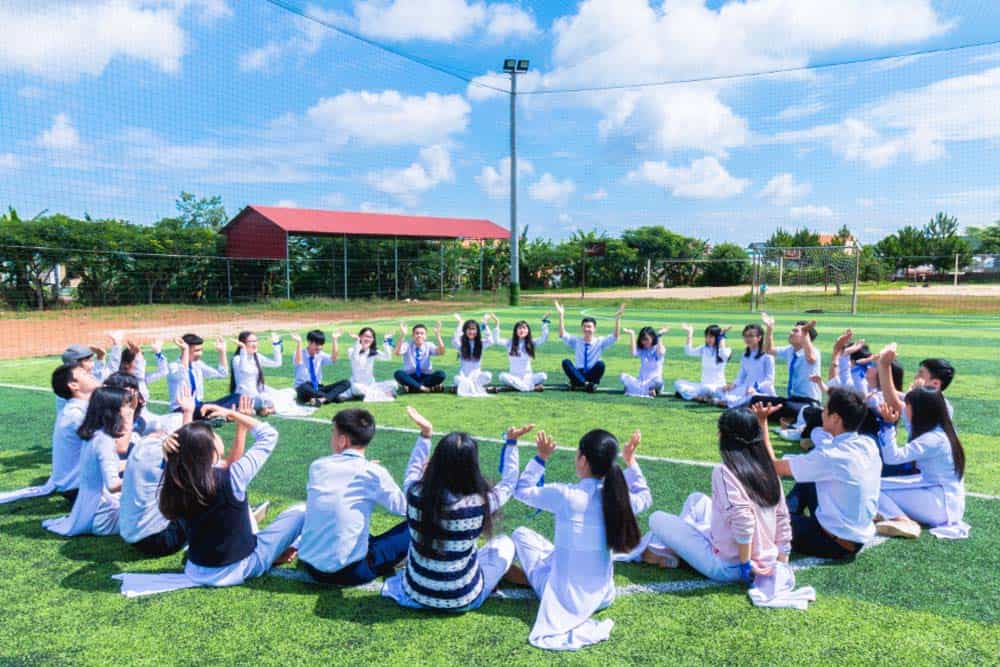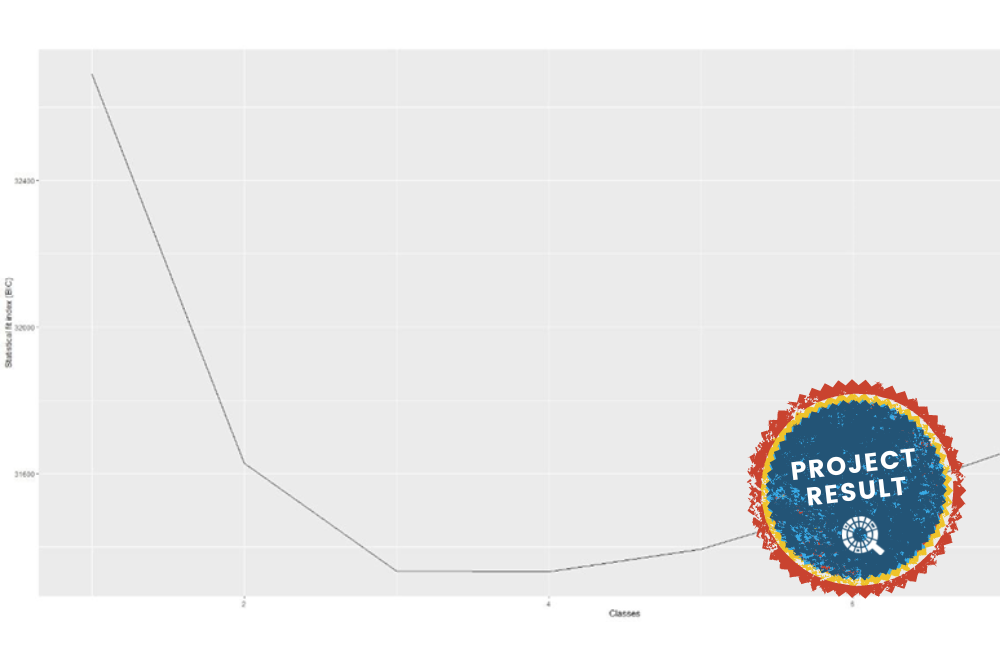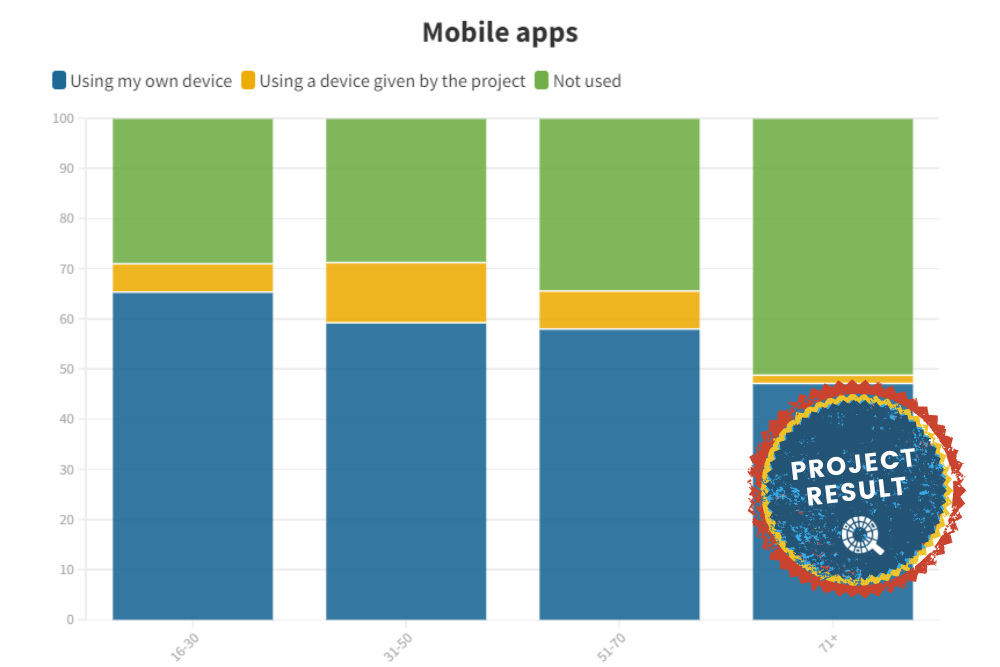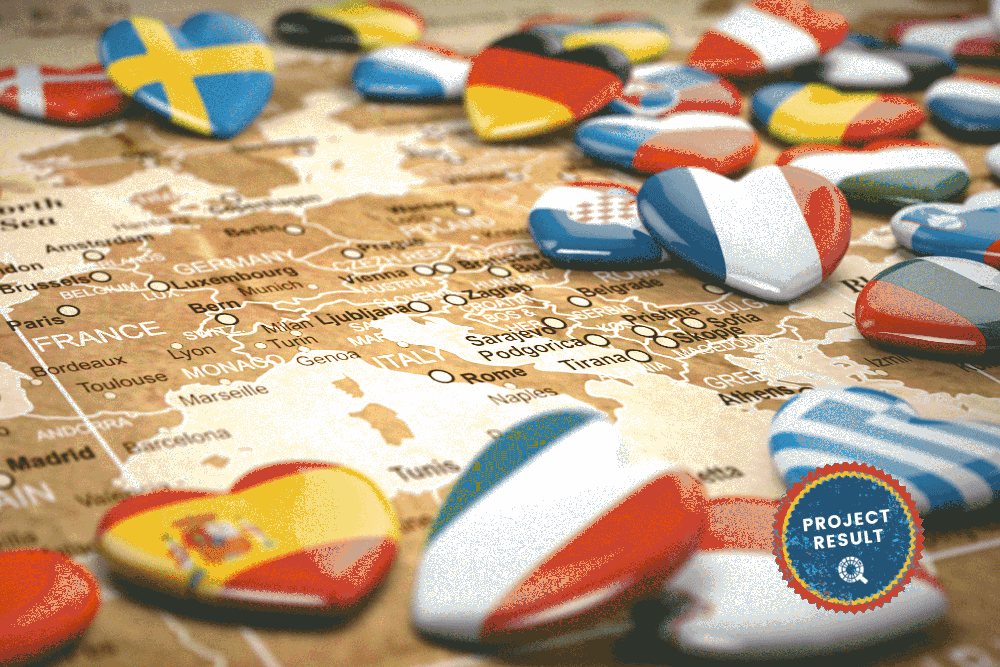Short summary / Abstract
Citizen science research has been rapidly expanding over the past few years and has become a popular approach in youth education. We investigated key drivers of youth participation in a citizen social science school project and the effects of participation on scientific and topic-related (i.e., political) interest and efficacy. We defined scientific and political efficacy as the perceived competence to contribute to and engage in scientific research and politics. In order to identify key drivers of participation, we investigated six variables (political interest, political efficacy, scientific interest, scientific efficacy, reward motivation, learning motivation) and the correlations between them. Our findings suggest that learning motivation was strongest in females, more politically and scientifically interested students, as well as among more scientifically efficacious adolescents. Science efficacy was also positively related to external reward motivation (i.e. winning an award). Both learning motivation and external reward motivation increased the likelihood of participation. Pre- and post-measurement further indicated that participation in the project slightly increased science interest, but not science efficacy. However, it did increase both political interest and efficacy. Furthermore, our data revealed a decrease in science efficacy and interest in those who did not participate in the project, which is further discussed in the conclusion. These findings are crucial, since interest is an important predictor of students’ intrinsic motivation to engage with science and politics. Furthermore, efficacy describes students’ beliefs that behavioural goals (e.g., scientific and political engagement) are attainable and is thus a key indicator for youth empowerment. Taken together, our results show some first evidence for increasing gaps in adolescents’ scientific and political involvement.
Applied method
Applied method.
Results
We found that certain groups of students were more likely to participate, especially those with higher levels of learning motivation resulting from stronger scientific efficacy and scientific and political interest, as well as those students with more pronounced reward motivation rooted in higher scientific efficacy. Furthermore, we found that active participation may indeed have positive effects on students’ scientific attitudes. Both political efficacy and scientific and political interest significantly increased in participants. The more alarming findings of this study, however, suggest that non-participation may have negative effects on students’ scientific attitudes. Both science interest and efficacy dropped in non-participants.
Results.
Conclusion
We have observed a widening gap in interest and efficacy between participants and non-participants. The positive finding of this study is that active engagement may indeed increase interest and efficacy, even over a very short period of time – in our case just one week. However, those students who opted out from participating in the project decreased their scientific involvement. This is problematic, since citizen science projects are meant to increase citizens’ interest and efficacy, and not to dampen scientific involvement. The reason for this negative finding could be that students learn from their environment and judge their own capabilities based on the capabilities they observe in their peers. If their peers actively engage in a scientific project, they may come to believe that their own capabilities are inferior. They may also lower their scientific interest as a means of minimizing cognitive dissonance and as a result of psychological reactance. The future challenge for implementing citizen science in educational settings may hence be to specifically encourage groups of students which possess less initial scientific involvement. This can be achieved through highly collaborative citizen science projects, which require the involvement of the whole class.
Limitation
The present study has been conducted in Austria with a small sample of school students and needs to be replicated in other countries and contexts. Furthermore, we used a quasi-experimental design, in which the students participated in the citizen science activities based on free choice. This makes our study observational and thus limits its potential for causal conclusions.
Source
- Heiss, R., Schmuck, D., Matthes, J., Eicher C. (2021). Citizen Science in Schools: Predictors and Outcomes of Participating in Voluntary Political Research. Sage Open. https://doi.org/10.1177/21582440211016428
- Photo by THIS IS on Pexels.















